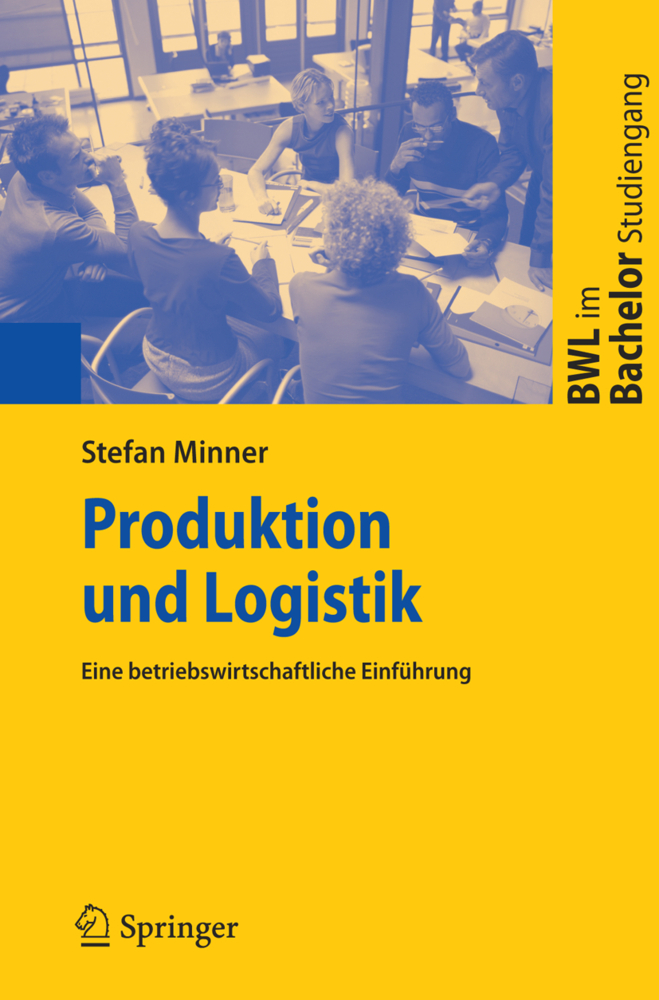Customization 4.0
Customization 4.0
This proceedings volume presents the latest research from the worldwide mass customization & personalization (MCP) community bringing together new thoughts and results from various disciplines within the field. The chapters are based on papers from the MCPC 2017. The book showcases research and practice from authors that see MCP as an opportunity to extend or even revolutionize current business models. The current trends of Industrie 4.0, digital manufacturing, and the rise of smart products allow for a fresh perspective on MCP: Customization 4.0. The book places a new set of values in the centre of the debate: a world with finite resources, global population growth, and exacerbating climate change needs smart thinking to engage the most effective capabilities and resources. It discusses how Customization 4.0 fosters sustainable development and creates shared value for companies, customers, consumers, and the society as a whole. The chapters of this book are contributed by a wide range of specialists, offering cutting-edge research, as well as insightful advances in industrial practice in key areas.
The MCPC 2017 has a strong focus on real life MCP applications, and this proceedings volume reflects this. MCP strategies aim to profit from the fact that people are different. Their objective is to turn customer heterogeneities into opportunities, hence addressing "long tail" business models. The objective of MCP is to provide goods and services that best serve individual customers' needs with near mass production efficiency. This proceedings volume highlights the interdisciplinary work of thought leaders, technology developers, and researchers with corporate entrepreneurs putting these strategies into practice.
Chapter 24 is open access under a CC BY 4.0 license via link.springer.com.
Part 1: Customization and Personalization via Smart Products and Smart Services
Chapter 1: User-centered Service Innovation for Commercial Vehicles: Plugging in the Handyman marketChapter 2: Design for Mass Individualisation: Introducing Networked Innovation Approach
Chapter 3: An Exploratory Study of User Interaction with Smart Products for Customization in the Usage Stage
Chapter 4: Datamodels for PSS development and configuration: existing approaches and future research
Chapter 5: Demand Engineering in Mass Customization Using a Data Driven Approach
Chapter 6: Adapting Product-Service System methods for the digital era - requirements for Smart PSS engineering
Part 1: Digital Manufacturing and Industrie 4.0
Chapter 7: A Marketplace for Smart Production Ecosystems
Chapter 8: Exploring Barriers Towards the Development of Changeable and Reconfigurable Manufacturing Systems for Mass Customized Products: an Industrial Survey
Chapter 9: 3D Avatar Platforms -Tomorrows Gateways for Digitized Persons into Virtual Worlds
Chapter 10: Automated processing of planning modules in factory planning by means of constraint-solving using the example of production segmentation
Chapter 11: A digital fabrication infrastructure enabling distributed design and production of custom furniture
Chapter 12: Mass Customization 4.0 in AEC: Additive Manufacturing for Innovative Building Systems
Chapter 13: Managing Customized and Profitable Product Portfolios using Advanced Analytics
Chapter 14: Impacts of Industry 4.0 on the specific case of mass customization through modeling and simulation approach
Part 3: Mass Customization and Sustainability
Chapter 15: Mass Customization and Personalization: a way to improve sustainability beyond a common paradox
Chapter 16: Mass customization and environmental sustainability: a large-scale empirical study
Chapter 17: Opportunities and Challenges of product-service systems for sustainable mass customization - a case study on Televisions
Chapter 18: Effects of Mass Customization on Sustainability - A Literature-based Analysis
Chapter 19: Exploring drivers and barriers for sustainable use of resources: The case of high-tech mass customizers in the German textile industry
Chapter 20: A preparatory approach to Environmental Assessment for sustainable mass customization
Part 4: Choice Navigation and Customer Interactions for MCP
Chapter 21: The Importance of Choice Navigation in Starting Configurator Projects
Chapter 22: User Interface Trends for Mobile Optimized Product Configurators
Chapter 23: An Evaluation Model For Web-based 3D Mass Customization Toolkit Design
Chapter 24: Front-end/Back-end Integration in Mass Customization: Challenges and Opportunities
Chapter 25: Design and development of the CEM-dashboard - a diagnostic tool to determine your current position and improvement directions in customer experience management
Chapter 26: Product Configuration in the ETO and CapitalGoods Industry: A Literature Review and Challenges
Chapter 27: The Individualization of Mass Customization: Exploring the Value of Individual Thinking Style through Consumer Neuroscience
Chapter 28: User Interface Modifications in Established Product Configurators
Part 5: Solution Space Development and Variety Management
Chapter 29: Data Driven Product Family Modelling with Feedback
Chapter 30: Production Platform Development through the Four Loops of Concern
Chapter 31: Integrate customer order decoupling point and mass customisation concepts: a literature review
Chapter 32: Mass Customization in Food Industries: Case and Literature Study
Chapter 33: Can the SME successfully adopt Mass Customization?
Chapter 34: Productivity, Challenges and Applying Mass Customization in the Building and Construction Industry
Chapter 35: Flexibility in Mass Customization of Houses
Chapter 36: Product and service variety versus internal performance - towards new balances
Chapter 37: Validation of Metrics for Mass Customization - a pre-study of validation methods
Chapter 38: Teaching solution space development: Experiences from the Hanover Knowledge-Based-Design-Lab
Part 6: Mass Customization of Textiles and Fashion Products as a Special Field of Application
Chapter 39: Fashion & Apparel Industry 4.0 and Smart Mass Customization Approach for Clothing Product Design
Chapter 40: Individual on-demand produced clothing - ultra fast fashion production system-
Chapter 41: myShopNET: personalized consumer goods e-commerce platform
Chapter 42: Mass Customization Practices of Malaysian SMEs Apparel Sector: An Exploratory Survey
Chapter 43: Attitudes Toward Apparel Mass Customization: Canadian Consumer Segmented by LifeStyle and Demographics.
Hankammer, Stephan
Nielsen, Kjeld
Piller, Frank T.
Schuh, Günther
Wang, Ning
| ISBN | 978-3-030-08479-0 |
|---|---|
| Artikelnummer | 9783030084790 |
| Medientyp | Buch |
| Copyrightjahr | 2019 |
| Verlag | Springer, Berlin |
| Umfang | XVIII, 702 Seiten |
| Abbildungen | XVIII, 702 p. 181 illus., 88 illus. in color. |
| Sprache | Englisch |







